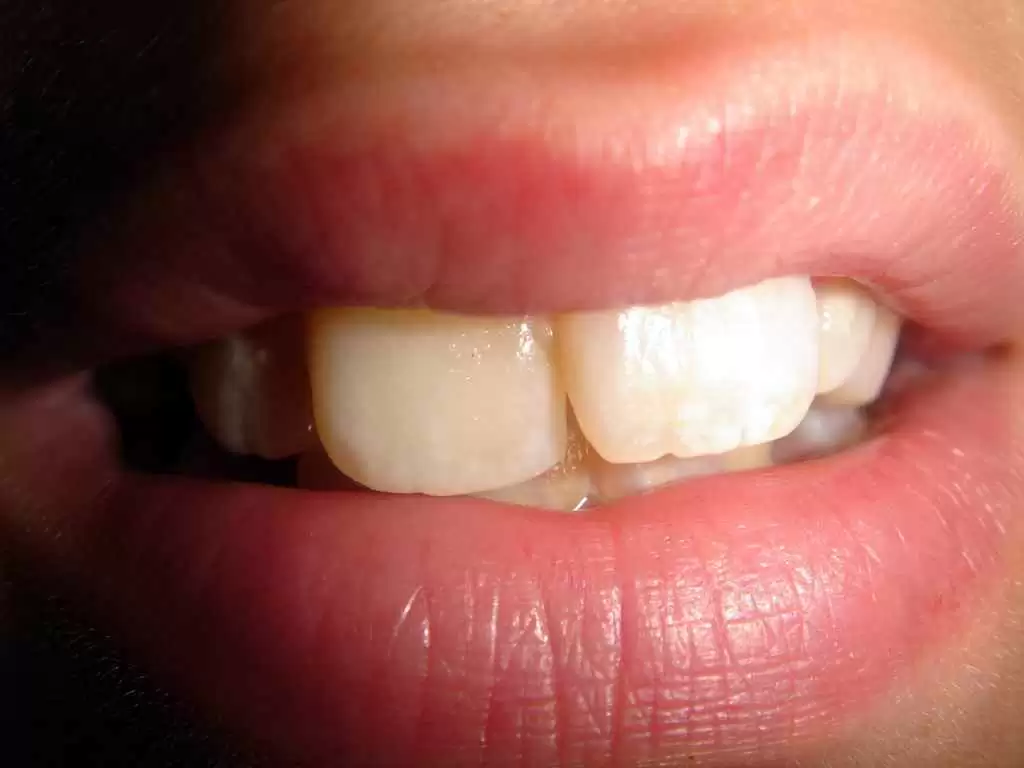
Celiac.com 06/25/2018 - The latest studies show that celiac disease now affects 1.2% of the population. That’s millions, even tens of millions of people with celiac disease worldwide. The vast majority of these people remain undiagnosed. Many of these people have no clear symptoms. Moreover, even when they do have symptoms, very often those symptoms are atypical, vague, and hard to pin on celiac disease.
Here are three ways that you can help your healthcare professionals spot celiac disease, and help to keep celiacs gluten-free:
Celiac.com Sponsor (A12):
1) Your regular doctor can help spot celiac disease, even if the symptoms are vague and atypical.
Does your doctor know that anemia is one of the most common features of celiac disease? How about neuropathy, another common feature in celiac disease? Do they know that most people diagnosed with celiac disease these days have either no symptoms, or present atypical symptoms that can make diagnosis that much harder? Do they know that a simple blood test or two can provide strong evidence for celiac disease?
People who are newly diagnosed with celiac disease are often deficient in calcium, fiber, folate, iron, magnesium, niacin, riboflavin, vitamin B12, vitamin D, and zinc. Deficiencies in copper and vitamin B6 are less common, but still possible. Also, celiac disease is a strong suspect in many patients with unexplained nutritional anemia. Being aware of these vague, confusing symptoms of celiac disease can help people get bette advice, and hopefully speed up a diagnosis.
2) Your dentist can help spot celiac disease
Does your dentist realize that dental enamel defects could point to celiac disease? Studies show that dental enamel defects can be a strong indicator of adult celiac disease, even in the absence of physical symptoms. By pointing out dental enamel defects that indicate celiac disease, dentists can play an important role in diagnosing celiac disease.
3) Your pharmacist can help keep you gluten-free
Does your pharmacist know which medicines and drugs are gluten-free, and which might contain traces of gluten? Pharmacists can be powerful advocates for patients with celiac disease. They can check ingredients on prescription medications, educate patients to help them make safer choices, and even speak with drug manufacturers on patients’ behalf.
Pharmacists can also help with information on the ingredients used to manufacture various vitamins and supplements that might contain wheat.
Understanding the many vague, confusing symptoms of celiac disease, and the ways in which various types of health professionals can help, is a powerful tool for helping to diagnose celiac disease, and for managing it in the future. If you are suffering from one or more of these symptoms, and suspect celiac disease, be sure to gather as much information as you can, and to check in with your health professionals as quickly as possible.









Recommended Comments
Create an account or sign in to comment
You need to be a member in order to leave a comment
Create an account
Sign up for a new account in our community. It's easy!
Register a new accountSign in
Already have an account? Sign in here.
Sign In Now